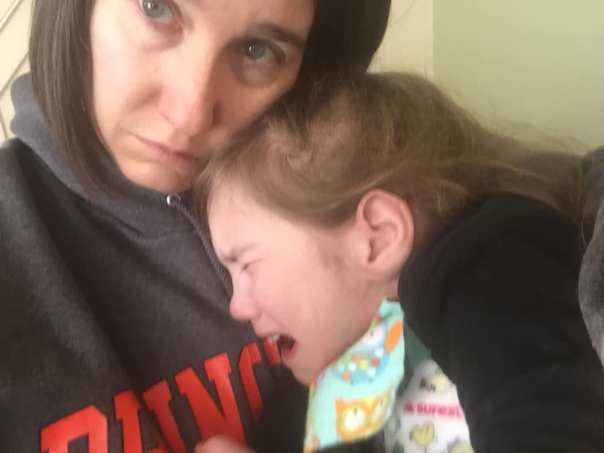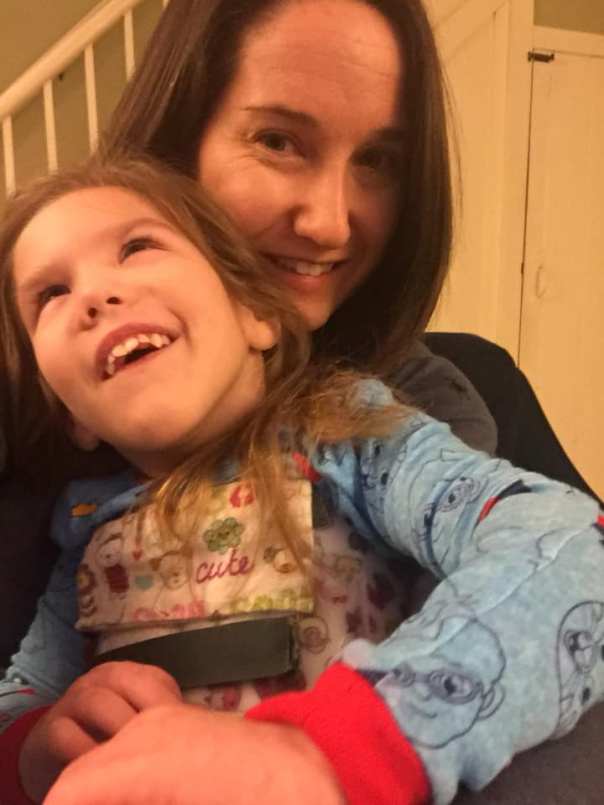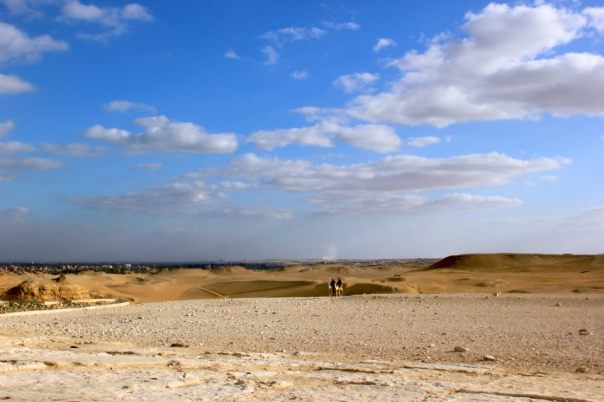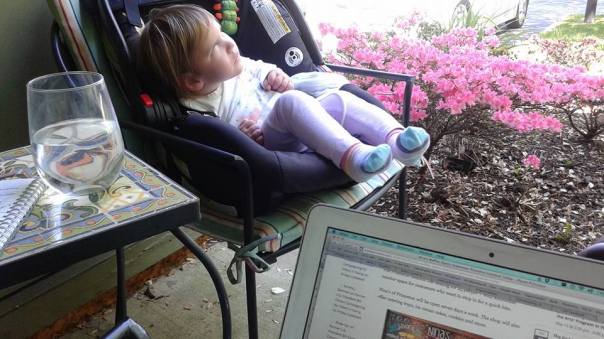In the last few weeks, we’ve settled into a pretty natural rhythm with Lucia’s digestive struggles–constipation and screaming some days, vomiting others, and a lot of delight and sunshine in between. I feel like a broken record when people ask me how she’s doing, because we’re out of the woods we were in in 2018–pain management, feeding intolerance, hospitalizations–and yet, things are never easy. And if I’m honest with you and with myself, I’ve been feeling a bit weak and weary on this journey.

It’s an unsettling, even repulsive feeling for me.
I don’t experience myself as a weak person. I don’t experience Lucia as a weak person either. References to weakness in common culture, even in Christian circles, often smart for me, because it seems like we prefer to instrumentalize and capitalize on other people’s weaknesses, particularly and presumably those with disabilities and diseases, rather than feel or examine our own.
Perhaps the problem is the blame, the shame we instinctively attach to weakness–for my own part it’s attached to the responsibility I carry as Lucia’s mother, a teacher to my students, a scholar in disability, a pastor to others–the feeling that I’ve got everything to lose and nothing to gain in embracing, showing, or even acknowledging my weakness. You can’t be weak when you need to be strong. And in a culture where mothers are so often blamed and scapegoated for society’s anxieties and ills, how can anyone be honest about their own trials, their own weaknesses, their own humanity?
But here’s an even greater truth I know: we’re not meant to heal ourselves.
In fact, if there’s one thing Jesus’s ministry teaches me it’s that healing is first and foremost connected and relational. It can’t happen if we keep to ourselves. No, Jesus’s healing ministry invites us in, all of us. It connects people to each other, in our own needs and messiness as humans.
And at the very center of it is a weak Jesus who wants to be with us in our own weakness! I kinda can’t get over that truth. I struggle to believe it, really.

But what if weakness–vulnerability–is more like permeability, surrender, yielding, and surprise–elements that, like Jesus, are so not of this world that we rarely recognize or behold them as God with us, rather they are conjured and dismissed as mere weaknesses when they appear in plain sight?
So this Lent, I feel myself being asked to do this wild, holy, dangerous thing of living boldly in my weakness–letting you know that I literally forgot to have the oil tank filled and my house had no heat a few weeks ago because I was so scattered and thin. And even then, Jesus didn’t shutter or scoff at my humanity, but loved me (and people loved me, too) anyway. As mothers we’re pretty good at being with our kids when they’re weak, but we cloak our own weakness lest it makes us reprehensible, permeable, out of control, irresponsible. And so last Tuesday, after I took Lucia to her usual doctor’s appointment, she came long to mine. I’d been trucking along with a painful sinus infection, too busy and preoccupied (although clearly not with heating my home!) to even feel or let feel my own weakness.
But a little holy weakness may be just what our world needs–let us not forget that in all this bustle and brilliance and appearances, we are all on our way back toward dust. So in my dusty moments, let me be reminded of not just death but the hope and healing of the cross. I mean, you really don’t have the cross without a fragile, incarnate God made weak, and yet holy. And so if weakness begets sanctification, let me be bold in my weakness, heartfelt in cleaving to God and to others in this world that worships strong.












